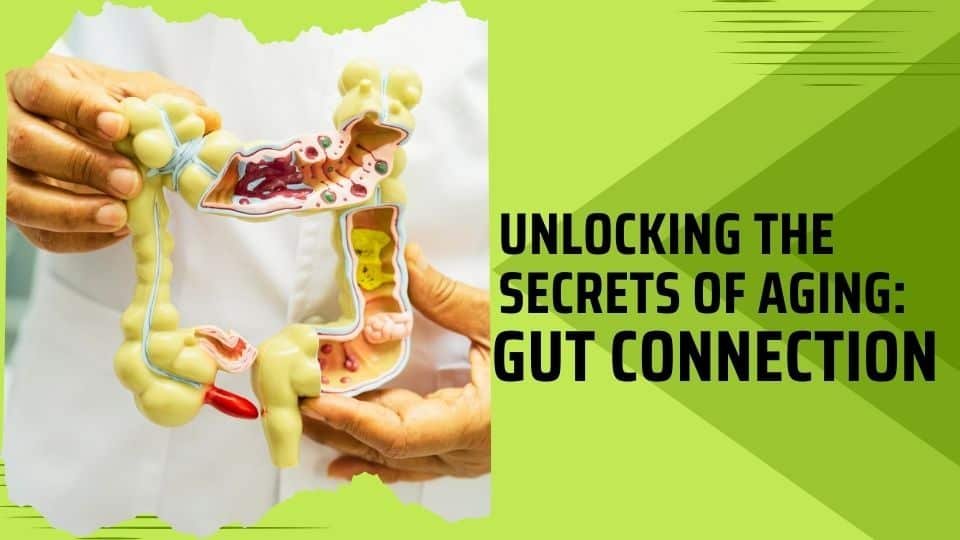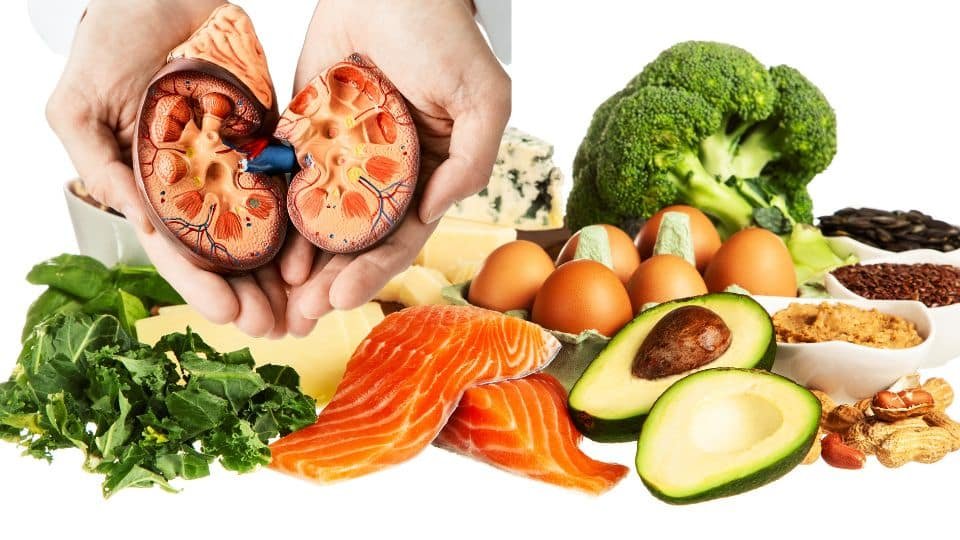The Quest for the Fountain of Youth has taken an exciting turn with a groundbreaking study led by researchers at Columbia University, revealing that taurine, a nutrient found in various foods and naturally produced in our bodies, maybe the key to extending our lifespan and increasing our health span. Scientists, driven by the desire to unlock the secrets of aging, have long sought ways to enhance both the duration and quality of our lives.
The study, spearheaded by Dr. Vijay Yadav, sheds light on the potential role of taurine in the aging process. Traditionally recognized for its contributions to bone health and immune function, taurine emerged as a focal point in the researchers’ quest for the elusive elixir of life. The team delved into taurine levels in mice, monkeys, and humans, uncovering a significant decline with age. This observation prompted an extensive experiment utilizing mice, and the results proved nothing short of astonishing.
Supplementing with taurine remarkably impacted lifespan, with female mice experiencing a 12% increase and male mice a 10% boost. Translated into human years, this equates to an additional three to four months of life, offering tantalizing possibilities for extending our longevity. Yet, the significance goes beyond mere lifespan extension; taurine supplementation also emerged as a catalyst for overall health improvement.
In both mice and monkeys, taurine supplementation exhibited a diverse range of positive effects. It curbed weight gain, heightened energy expenditure, bolstered bone mass, enhanced muscle endurance and strength, alleviated depression-like behaviors, reduced insulin resistance, and even rejuvenated the immune system, providing a more youthful appearance. At a cellular level, taurine showcased transformative benefits, ranging from diminishing “zombie cells” to amplifying survival in the face of telomerase deficiency, increasing stem cell count, improving mitochondrial performance, reducing DNA damage, and augmenting nutrient sensing.
You can also view this article: Unlocking the Secrets of Aging: The Gut Connection!
While the results from animal studies are promising, the journey toward establishing taurine as a true anti-aging elixir requires human trials for definitive confirmation. Preliminary evidence, however, is encouraging. Individuals with higher taurine levels appear to enjoy improved health, showcasing lower rates of obesity, type 2 diabetes, hypertension, and inflammation. Notably, the link between taurine and exercise suggests that the health benefits associated with physical activity may partly be attributed to taurine.
As Dr. Yadav rightfully concludes, the ultimate answers lie in randomized clinical trials. Taurine, being a naturally occurring compound obtained through diet with no known toxic effects, holds promise as an anti-aging strategy. The prospect of restoring taurine to youthful levels in old age stands as a potential game-changer in the pursuit of longevity and well-being. The tantalizing findings from this study represent a significant leap forward in the ongoing quest for the elixir of life.
Glossary:
- Taurine: An amino acid that is found in many foods and naturally produced by the human body.
- Insulin Resistance: A condition where cells do not respond well to insulin, which can lead to high levels of sugar in the blood.
- Zombie Cells: Cells that have become dysfunctional or senescent, often associated with aging.
- Telomerase Deficiency: A condition where the enzyme telomerase, which helps maintain DNA telomere length, is insufficient.
- Stem Cells: Cells that can develop into various types of specialized cells.
- Mitochondrial Performance: The ability of cellular structures called mitochondria to produce energy.
- DNA Damage: Harm or mutations to genetic material within cells.
- Type 2 Diabetes: A chronic condition characterized by high levels of sugar in the blood.
- Hypertension: High blood pressure, which is a risk factor for heart disease and other health problems.
- Inflammation: A natural response of the body to injury or infection, but chronic inflammation can contribute to various diseases.
Journal Reference:
Parminder Singh, Kishore Gollapalli, Stefano Mangiola, Daniela Schranner, Mohd Aslam Yusuf, Manish Chamoli, Sting L. Shi, Bruno Lopes Bastos, Tripti Nair, Annett Riermeier, Elena M. Vayndorf, Judy Z. Wu, Aishwarya Nilakhe, Christina Q. Nguyen, Michael Muir, Michael G. Kiflezghi, Anna Foulger, Alex Junker, Jack Devine, Kunal Sharan, Shankar J. Chinta, Swati Rajput, Anand Rane, Philipp Baumert, Martin Schönfelder, Francescopaolo Iavarone, Giorgia di Lorenzo, Swati Kumari, Alka Gupta, Rajesh Sarkar, Costerwell Khyriem, Amanpreet S. Chawla, Ankur Sharma, Nazan Sarper, Naibedya Chattopadhyay, Bichitra K. Biswal, Carmine Settembre, Perumal Nagarajan, Kimara L. Targoff, Martin Picard, Sarika Gupta, Vidya Velagapudi, Anthony T. Papenfuss, Alaattin Kaya, Miguel Godinho Ferreira, Brian K. Kennedy, Julie K. Andersen, Gordon J. Lithgow, Abdullah Mahmood Ali, Arnab Mukhopadhyay, Aarno Palotie, Gabi Kastenmüller, Matt Kaeberlein, Henning Wackerhage, Bhupinder Pal, Vijay K. Yadav. Taurine deficiency as a driver of aging. Science, 2023; 380 (6649) DOI: 10.1126/science.abn9257



 By
By










